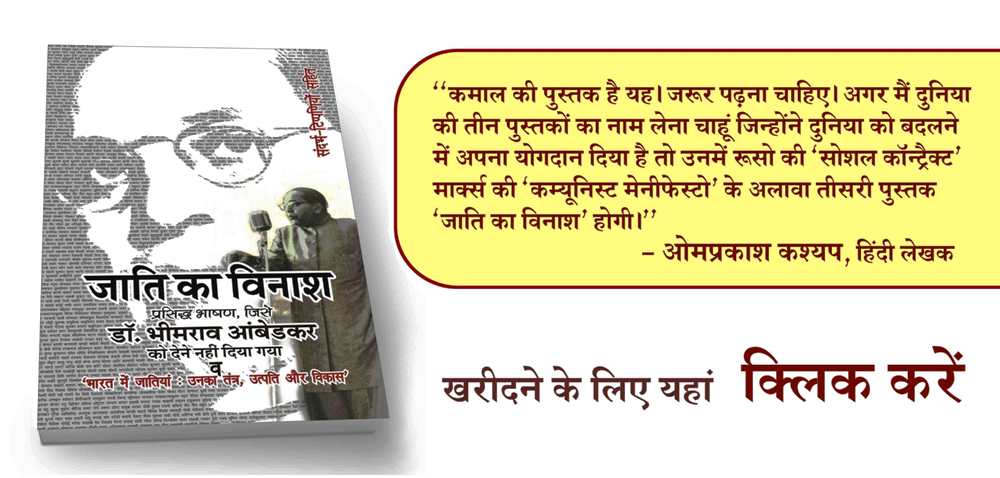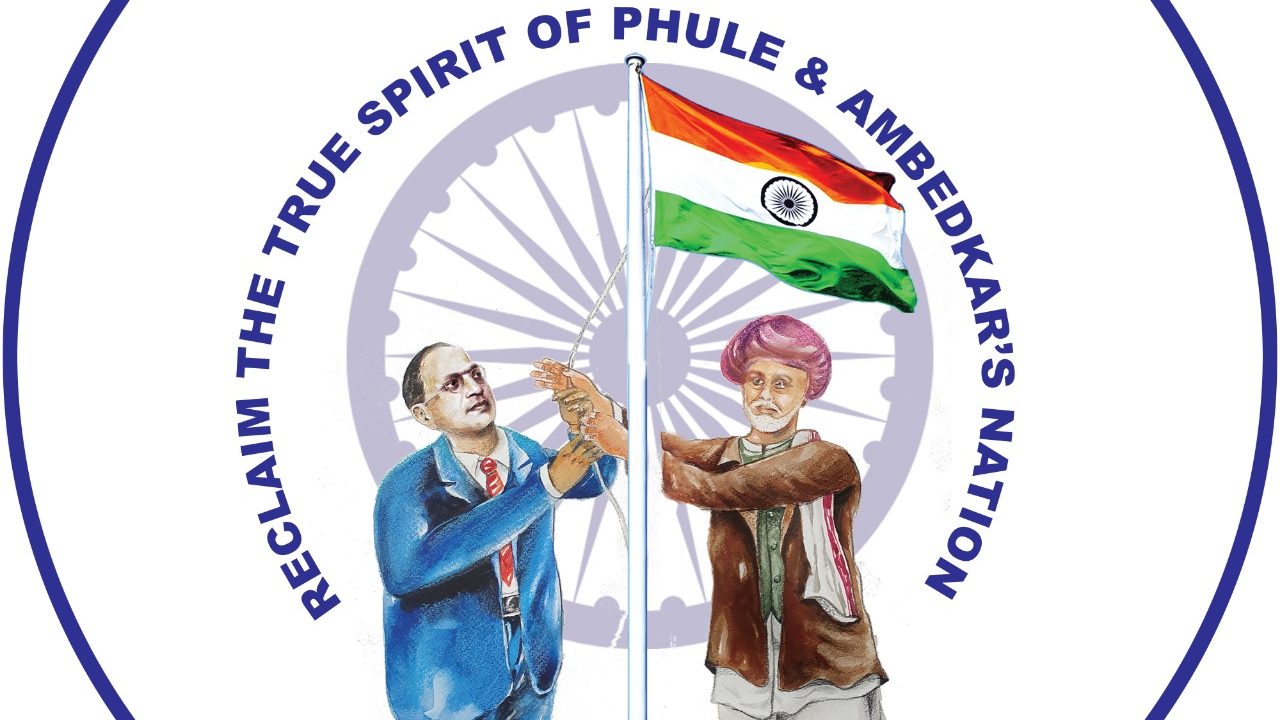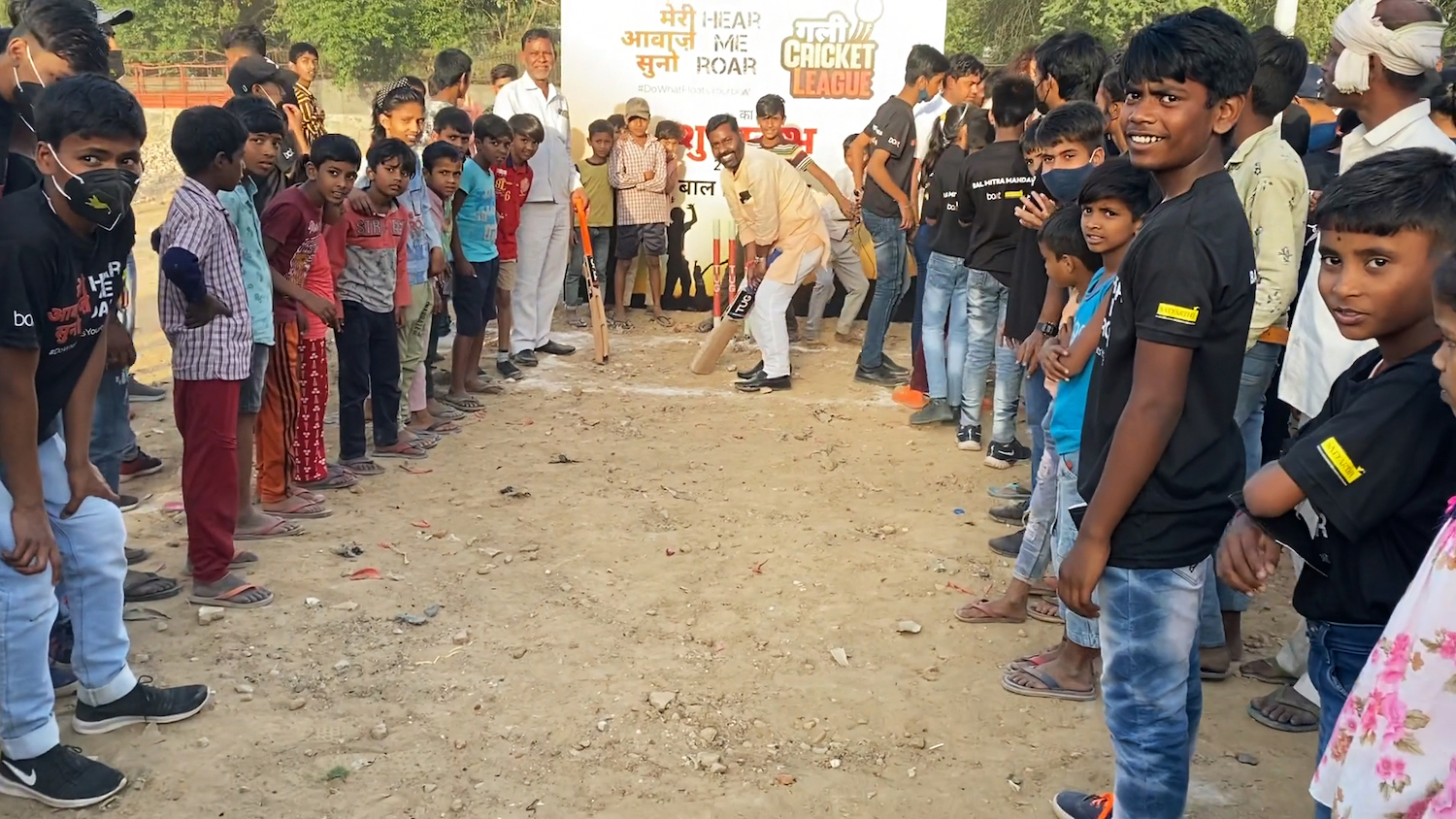All discriminations and social injustice in India can be traced to the Hindu religion. Both Periyar and Ambedkar thought alike – that Hinduism was the root cause of all cruelty. Periyar considered eradicating Hinduism his prime duty. Ambedkar said, “I was born a Hindu but I shall not die a Hindu,” and in 1956, with a lakh followers, adopted Buddhism. However, adopting another religion like Christianity, Islam or Buddhism won’t help us achieve our goal of eradicating Hinduism. All the festivals, rituals, ceremonies have come from Hinduism. Hindu culture dominates all our family institutions, castes, festivals and rituals. Periyar came up with the idea of an alternative culture that would scientifically replace the Hindu culture. It could be adopted over a period of time and changed whenever it was outdated. As a Periyarist, my role is to execute Periyar’s ideas and spread the alternative culture that he pioneered.
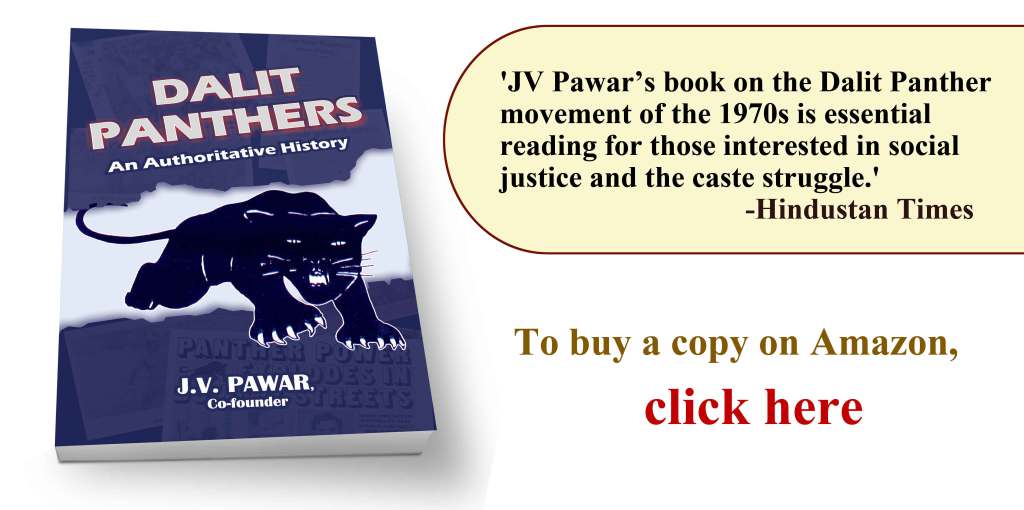
Execution of Periyar’s ideas in my personal and social life
Action speaks louder than words. I have decided to live my life as Periyarist. I was aware of Periyar’s ideology from an early age, and therefore, I opted for an inter-caste marriage. My wife’s family are Periyarist, and they, too, wanted an inter-caste marriage for their daughter. My spouse does not wear a mangalsutra, ornaments or bindi, and dresses in unisex clothes.
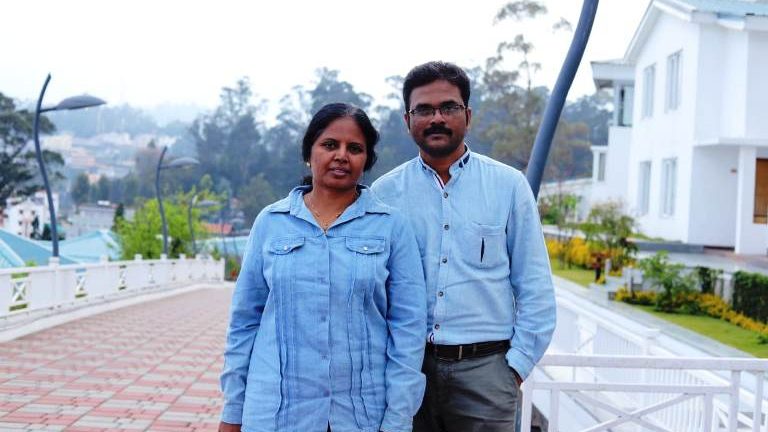
The institution of marriage is a fallacy, says Periyar. Moreover, even if a person prefers to marry, he says, it should be an intercaste marriage. Therefore, I married a girl from a different caste, and the wedding was solemnized at the Registrar’s office in the presence of friends. Both of us informed our parents of the marriage (we did not seek their permission) and invited them to come if they had the time. We just exchanged garlands but no mangalsutra and did not refer to any astrological charts for favourable time (Nalla neram) or auspicious day (Nalla naal). Since my in-laws are also followers of Periyar, this was easy for us.
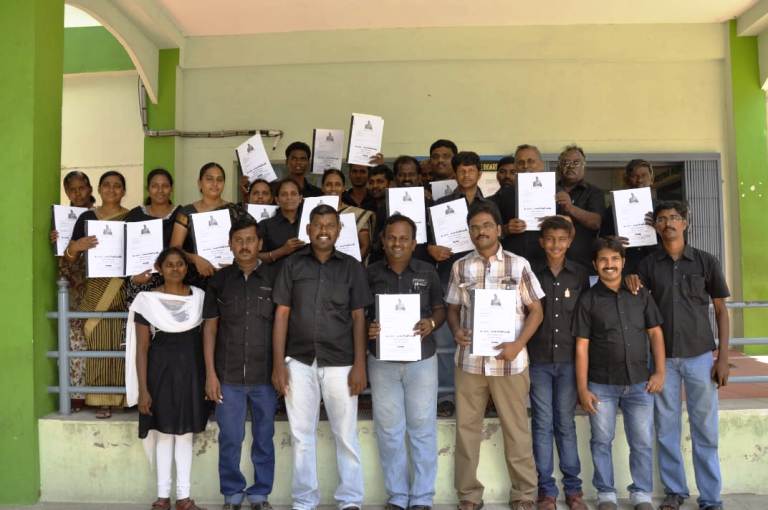
For Periyarist thozhargal (comrades) and others
For over 19 centuries the codes of “Manu” have ruled and regulated our lives. From the place where we are born, to what food we eat and what jobs we take up, everything is influenced by these codes of Manu. Therefore, we tell Periyarist thozhargal to leave their place of birth, travel to other places and settle among people of other castes. We motivate the backward-caste Periyarists to give their land to the Dalits. Dalit Periyarist thozhargal are encouraged to go to places where people belonging to other castes live. These are steps that will lead to the eradication of the caste system. The following paragraphs elucidate what Periyar thought of the various “ceremonies.”:
Naming ceremony: Periyar suggests naming children without denoting their caste, religion and gender to eradicate caste and gender discrimination. For example, he named children Russia, Puratchikodi, Pagutharivu, Guathaman, Samadharmam, Sitratrasu, Masco. Periyar thozhargal named their children Casteless, Karunthinai, Thozhar E.V.R.
Ear-piercing ceremony: Periyarists believe that the ceremony reinforces the caste system by allowing the child’s uncle to lead the rituals. We recommend Periyar thozhargal to avoid these rituals.
Coming-of-age ceremony for girls: This is degrading for the girl child. Here, too, the girl’s uncle is expected to conduct the rituals. It also reinforces the caste system and forces the girl’s family to keep their caste identity.
Graha pravesh (House-warming): Religion plays a significant role in this ceremony, which has been sanctified in the name of Vaastu Sastra. The ceremony involves inviting a Brahmin and paying him for some irrational, unscientific and superstitious rituals! We changed the name of this ceremony, and instead of inviting Brahmins we suggest that one invite construction workers who have built the house and offered them food and clothes as a thank you gesture.
“Pada thirappu vizha” instead of “death ceremony”: Usually a Brahmin Prohithar is asked to perform rituals following the death of a person. However, Periyarists do not invite Brahmin Prohithars, nor is there any ritual (kaariyam/sadangu). Periyar had recommended a Pada thirapu Vizha, a meeting that can be held to remember the good deeds of the deceased.
Common graveyard/electric crematorium: Burying or cremating a body in a place where caste discrimination is practised nullifies the efforts that are being undertaken to demolish caste. We recommend that people use the electric crematorium.
Periyar introduced the “alternative culture” and suggested alternatives for all the Hindu ceremonies. These are not rigid and can be modified according to one’s requirements.
Murders of young people who choose to marry outside their caste, by their family members, also referred to as “honour killings”, have been taking place in Tamil Nadu and north Indian states. Activists and organizations have suggested bringing a special law to deal with it, but laws with the provision of punishment, up to death penalty, are already there. In my opinion, these incidents have become more frequent because the mainstream media highlights them instead of the many successful cases of intercaste marriages. For example, in Tamil Nadu, more than a thousand intercaste marriages have been solemnized by the Periyar Dravidar Kazhagam in the last three years. Seventeen cases of honour killings were registered in this period. The media should also speak about the successful inter-caste marriages so that there is a positive view with regard to these in society. By doing so, publications and organizations can spread an alternative culture.
There is also a need to focus on the “Me Too” movement. Religion often has a role to play in objectifying women. Thus, such a religion needs to be questioned not only by women but all humankind. Periyar’s idea of feminism was to regard a woman as a human being, not an object. He said the women must fight for their self-respect.
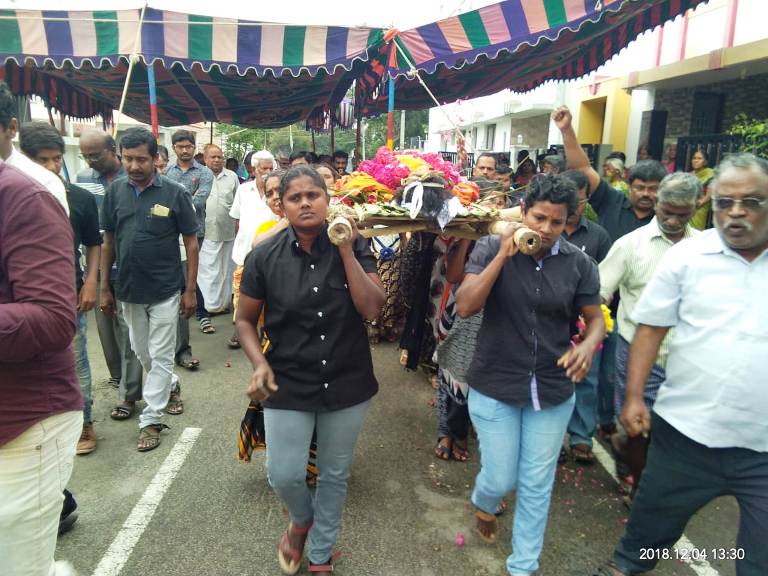
In Tamil Nadu, Diwali, Vijaya Dashami and other Hindu festivals are now also being promoted as Buddhist festivals. Many north Indian states are reclaiming their Buddhist identities, but these activities will not bring any progressive change or uplift our social status. For example, the saffron colour was once identified with the Buddhist “bhikshu”, but now it is identified with the RSS; white colour represented Samanargal (Jains) but not now; therefore trying to reclaim the saffron colour or the swastika symbol will only strengthen the BJP and the RSS. If we take food habits, eating beef is now identified with the Dalit people, but it was once a part of the identity of Brahmins. Similarly, according to the Rig Veda, consuming “soma”, “sura” (alcoholic drinks) and beef was part of the Aryan culture. Brahmins do not stake a claim to this part of their identity now, for they are only too aware of whose culture it is associated with now! We will be going backwards if we try to reclaim the lost identities instead of following the rational ideas that are the legacies of Buddha, Ambedkar or Periyar. Instead of wasting our money on these festivals we can celebrate May Day, Valentine’s Day, and birthdays of great people like Buddha, Ambedkar, and Periyar.
Crucial need for Periyar and Ambedkar’s ideology
Now, more than ever, there is a need to remember the words of Periyar and Ambedkar. Following their ideology, we may be able to fight the regressive forces, which, armed with political power, are now trying to rule every sphere of our lives.
(As told to Kayalvizhi)

Copy-editing: Maitreyee Saha/Lokesh
Forward Press also publishes books on Bahujan issues. Forward Press Books sheds light on the widespread problems as well as the finer aspects of Bahujan (Dalit, OBC, Adivasi, Nomadic, Pasmanda) society, culture, literature and politics. Contact us for a list of FP Books’ titles and to order. Mobile: +917827427311, Email: info@forwardmagazine.in)
The titles from Forward Press Books are also available on Kindle and these e-books cost less than their print versions. Browse and buy:
The Case for Bahujan Literature
Dalit Panthers: An Authoritative History
Mahishasur: Mithak wa Paramparayen
